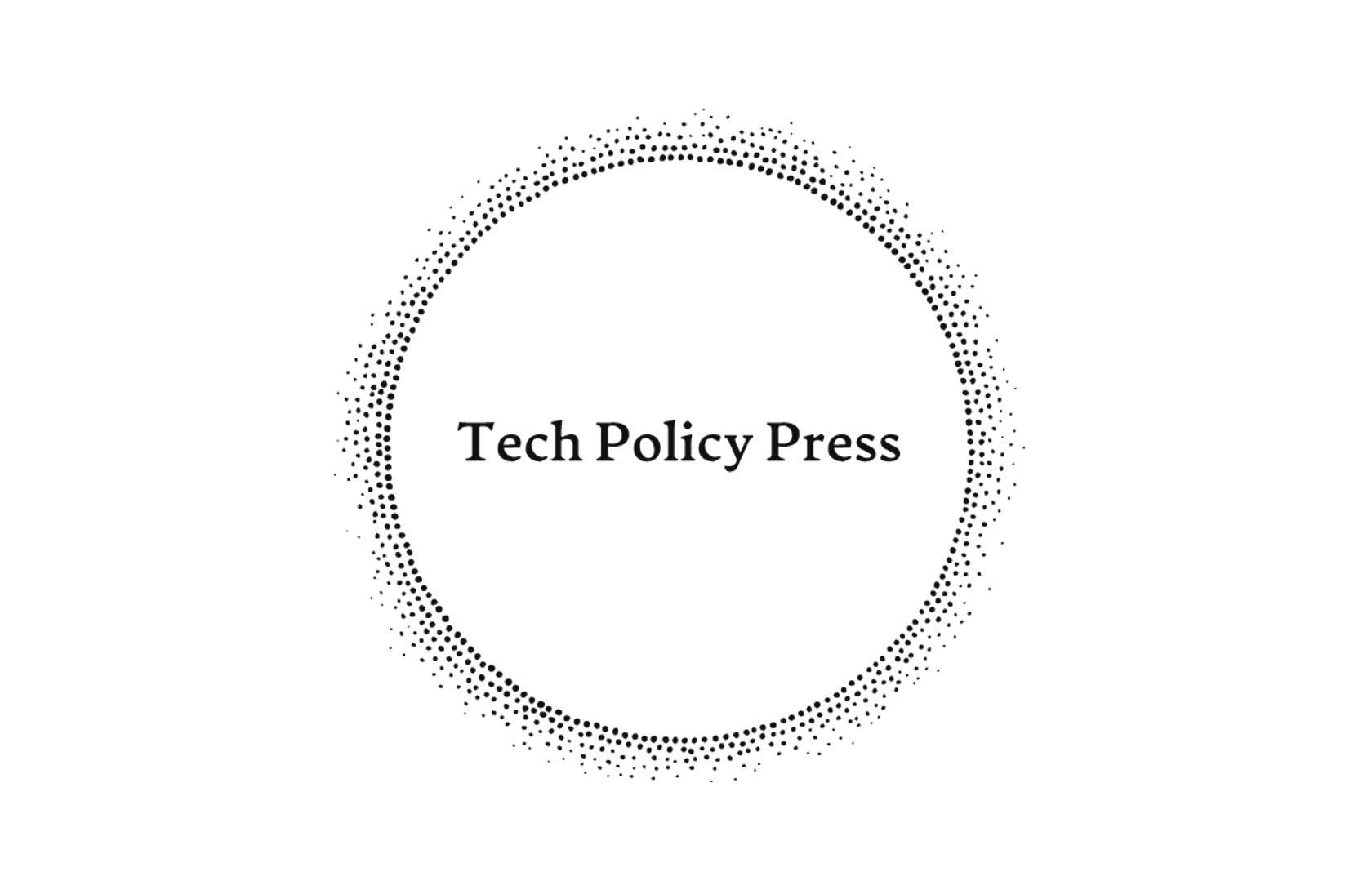A year ago– on Jan 3rd, 2023– the 118th US Congress began. Along with several other Congressional technology policy staffers (my job at the time), I flew to Las Vegas for the Consumer Electronics Show (CES). In between sessions, we watched the historic House Speaker election on C-SPAN and wondered what it meant for democracy and, more narrowly, for technology policy.
Personally, I was reflecting on the incredible amount of advocacy that went into attempting to pass comprehensive data protection and competition reform bills. I sat surrounded by the newest sensor and AI-enabled contraptions with the awareness that progress on those issues in the 118th Congress were slim. Despite being surrounded by robots, however, I was unprepared for what happened just weeks later. In February 2023, columnist Kevin Roose's “conversation” with Bing’s Sydney chatbot was published on the front page of the New York Times. After three years in Congress, I had seen tech journalism capture the attention of lawmakers, but this was different.
A few weeks after Roose’s story, many in the news media latched on to the narrative that Congress was behind on AI. I knew the situation was more complicated than that. AI risk is complicated, and Congress had dozens of proposals already in front of it– including landmark bills proposed in the 117th Congress– that were relevant to generative AI. In April, with the help of Tech Policy Press and friends, I started tracking federal legislative proposals that pertain to generative AI.
One year later, the list of proposed legislation is certainly longer. What were the themes from 2023, and what should we look out for in 2024?
Read the full article in the Tech Policy Press.


